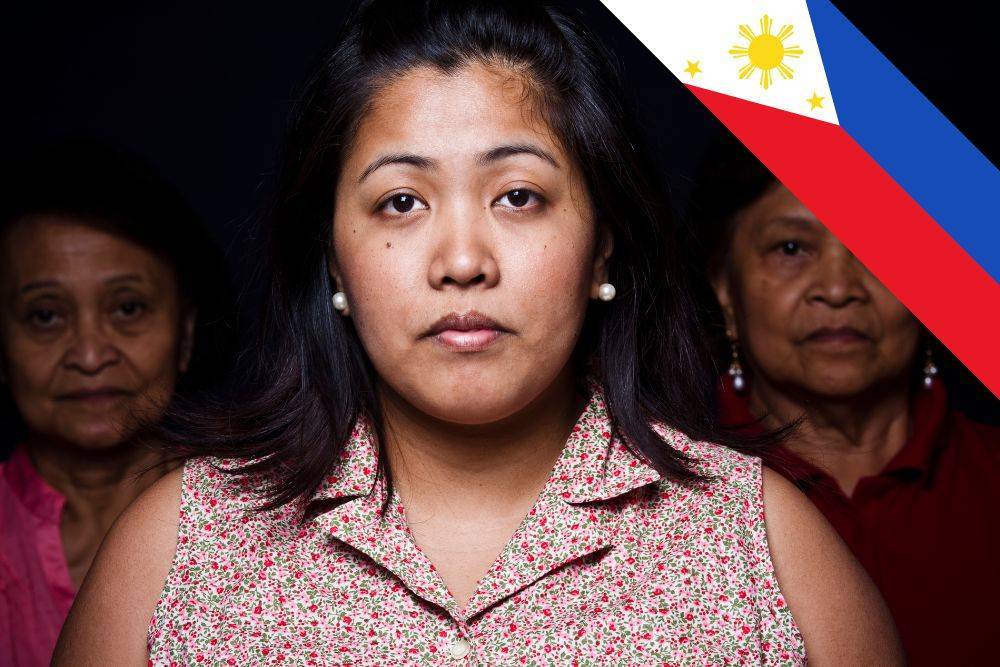In the bustling urban centres and tranquil rural areas of the Philippines, a silent epidemic is taking hold: loneliness.
Often overshadowed by more visible health and social issues, loneliness has emerged as a significant concern that demands urgent attention. This emotional state, characterised by feelings of isolation and a lack of connection with others, can have profound impacts on both mental and physical health. Recent studies and reports indicate that this issue is becoming increasingly prevalent in the Philippines, exacerbated by modern lifestyles, social changes, and recent global events.
The Scope of Loneliness
Loneliness is not merely a fleeting feeling but a chronic condition that can affect individuals across all age groups. According to a study conducted by the Philippine Statistics Authority (PSA), approximately 20% of Filipinos reported feeling lonely or isolated at least once a week. This statistic highlights a significant portion of the population struggling with this issue regularly.
The Philippines ranks among the countries with the highest levels of self-reported loneliness, as highlighted by a survey conducted by Meta and Gallup. According to The Global State of Social Connections report, 57% of Filipinos reported feeling lonely, significantly higher than the global average of 24%. The problem is particularly acute among the elderly, many of whom live alone or are separated from their families due to migration or work commitments. A report by the Commission on Population and Development (POPCOM) noted that the Filipino family structure is changing, with elderly people left to fend for themselves. This shift has led to increased feelings of loneliness and isolation among senior citizens.
Contributing Factors
Several factors contribute to the rising incidence of loneliness in the Philippines. Urbanisation has led to the breakdown of tight-knit communities, with many people moving to cities in search of better opportunities. In urban areas, the pace of life is fast, and social interactions can be superficial, leaving individuals feeling disconnected despite being surrounded by people.
The advent of technology and social media has also played a dual role in this phenomenon. While these platforms offer ways to stay connected, they can also lead to feelings of inadequacy and isolation. A study by the University of the Philippines found that excessive use of social media is linked to higher levels of loneliness, particularly among young people. The curated nature of social media can create unrealistic expectations and a sense of missing out, exacerbating feelings of loneliness.
Health Implications
The health implications of loneliness are far-reaching. Research indicates that chronic loneliness can lead to severe mental health issues such as depression and anxiety. It also has physical health consequences, including increased risks of cardiovascular diseases and a weakened immune system. A study by the Philippine Heart Association found lonely individuals face a 30% higher heart disease risk, emphasising the need for holistic solutions. A 2016 study in Heart Journal found loneliness and social isolation increased coronary heart disease risk by 29% and stroke risk by 32%.
Addressing the Issue
A multifaceted approach is essential to combat loneliness. Community initiatives play a crucial role in fostering connections among individuals. Programmes aimed at promoting social engagement, such as community centres and clubs, can provide much-needed social support. For instance, the Department of Social Welfare and Development (DSWD) has launched various programmes targeting the elderly, encouraging them to participate in community activities.
Mental health awareness campaigns are also vital. The National Center for Mental Health (NCMH) has been working to destigmatise mental health issues and promote seeking help. These efforts are crucial in encouraging individuals to reach out and find support when they feel isolated.
On a broader scale, policy interventions are necessary to create supportive environments. This includes urban planning that encourages community building and the implementation of policies that support family cohesion and work-life balance. The government’s efforts to provide affordable housing and improve public transportation can also help reduce the barriers to social interaction.
Conclusion
Loneliness is a growing concern in the Philippines, impacting individuals across various demographics. Addressing this issue requires a concerted effort from all sectors of society, including government, community organisations, and individuals. By fostering environments that promote social connections and providing support for those struggling with loneliness, the Philippines can take significant steps towards mitigating this silent epidemic.
The time to act is now, ensuring that every Filipino, regardless of age or background, feels connected and supported in their community.
Have a pressing question for a doctor? Medical Channel Asia has launched a community forum page where you can get questions answered by a medical specialist. Visit the community forum here.

